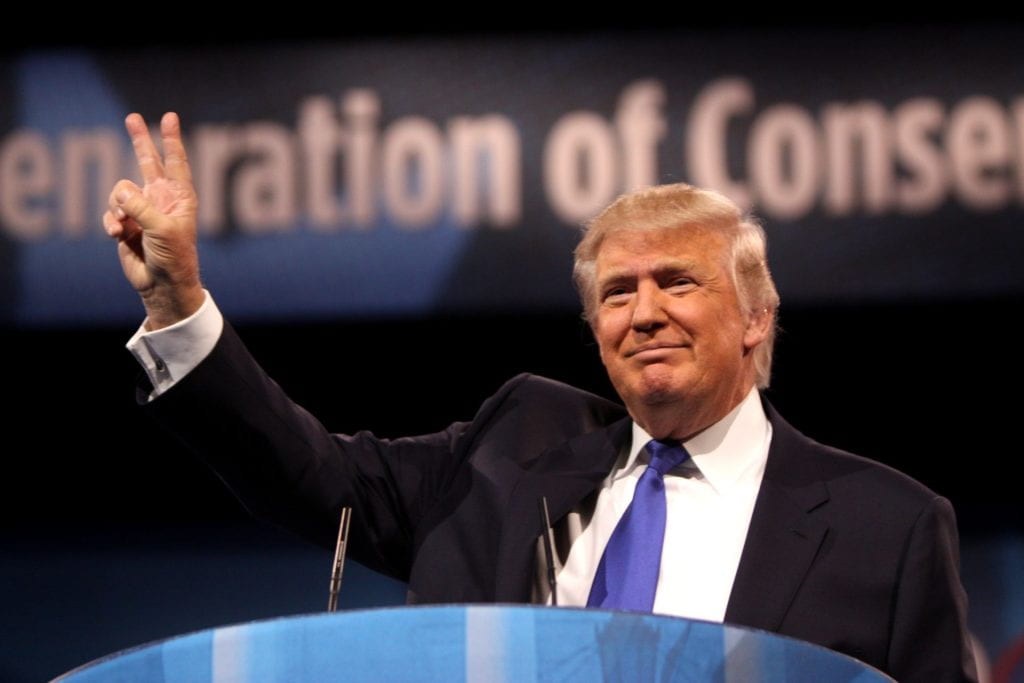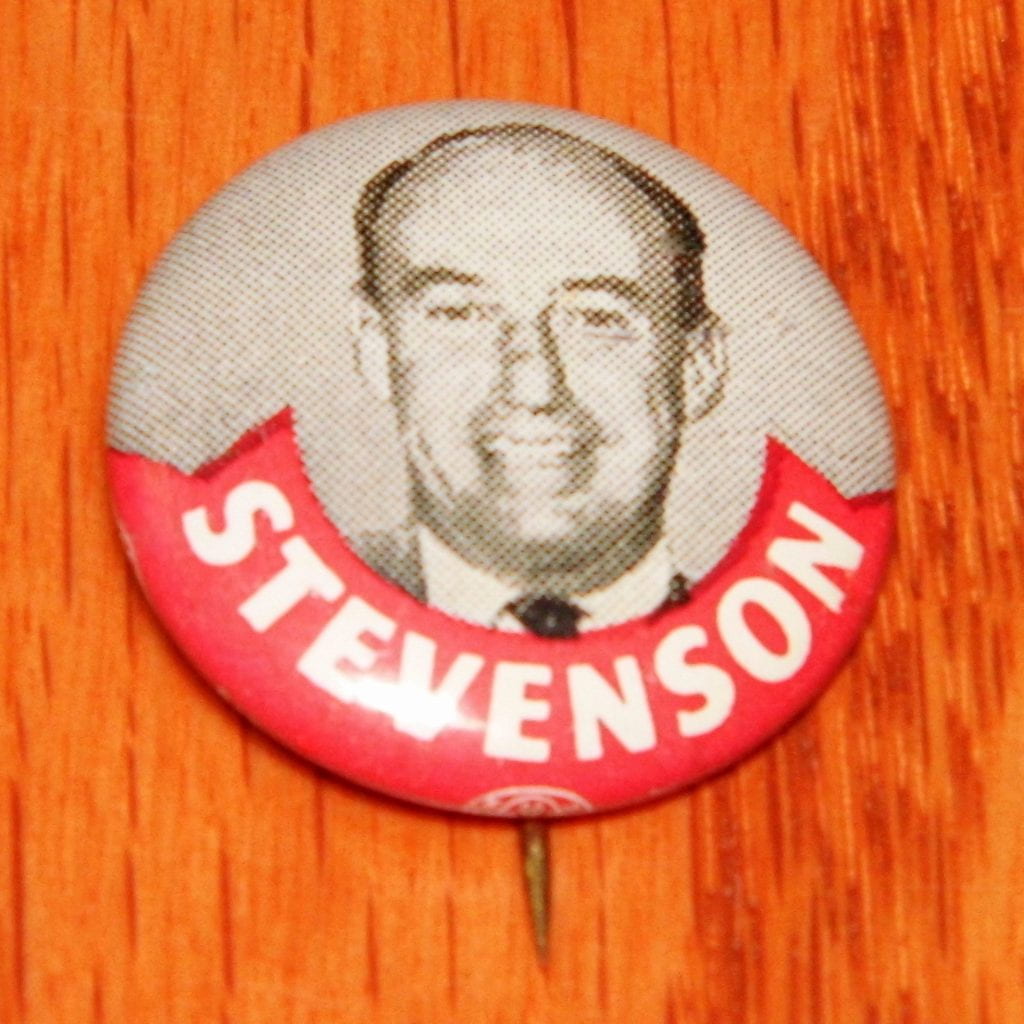

I recently read Adlai Stevenson’s concession speech to Dwight Eisenhower. Adlai Stevenson was the Democratic candidate for president in 1952 and he had just lost the election, winning only nine states and 44.3% of the popular vote. I was struck by how different Stevenson’s speech was from modern-day concession speeches, particularly in the Trump versus Biden race, in which Trump, the losing candidate, won 25 states and 46.8% of the popular vote.
In his speech, Stevenson shows willingness to accept Eisenhower’s leadership. He said, “My fellow citizens have made their choice and have selected General Eisenhower and the Republican party . . . and I gladly accept it.” Trump never mentioned Biden by name in his speech. The closest reference Trump makes to the incoming president is to say, “A new administration will be inaugurated on January twentieth. . .” Furthermore, Trump hints that he and his supporters will continue strong political involvement, saying, ” . . . our incredible journey is only just beginning. ” In other words, Trump didn’t let on that Biden won and never fully relinquished control.
Stevenson’s speech also shows humility. Stevenson conceded the day after the election, and he made his speech after he sent a telegram to General Eisenhower. In the telegram, he said, “The people have made their choice and I congratulate you. That you may be the servant and guardian of peace and make the vale of trouble a door of hope is my earnest prayer. Best wishes. Adlai E. Stevenson.” Stevenson’s response shows forethought; he may have had some sort of outline or idea of what to say if he had lost. In contrast, Trump conceded two months later following violent protests, and did not congratulate Biden. It doesn’t seem like the possibility of losing ever occurred to Trump, despite the fact that he had two months to think about it.
In keeping with the idea of gracious losing, take a look at the quotes above in red. They both occurred near the ends of the speeches. What that tells me about the tone of the speech is that Trump wants to conclude with something about himself. His big moment has past but it will come again. He doesn’t mention that this is Biden’s big moment. When you ask a five-year-old what he or she wants to be when he or she grows up, the answer will most likely be a) Mommy/Daddy, b) a doctor, or c) president. How many of those five-year-olds that answered “president” actually become president? Not many. But if you did, would you realize “I got to be president and all those other five-year-olds on the playground didn’t!”? I think that’s a pretty exciting thought. Trump didn’t think that Biden could have been of those kids, at least it didn’t seem so from his speech.
My conclusion is that Trump never conceded. When one team wins a sport, can the losing team still win that same game? No. They can know in their heads that the referee is wrong, but they can’t still play that game. The closest thing they can do is refuse to acknowledge that they lost. With the clock ticking on Trump, he couldn’t change the final vote. So, I think he decided to do the next best thing in his mind: not give in. And in so doing, he made history as the only president who never conceded.
